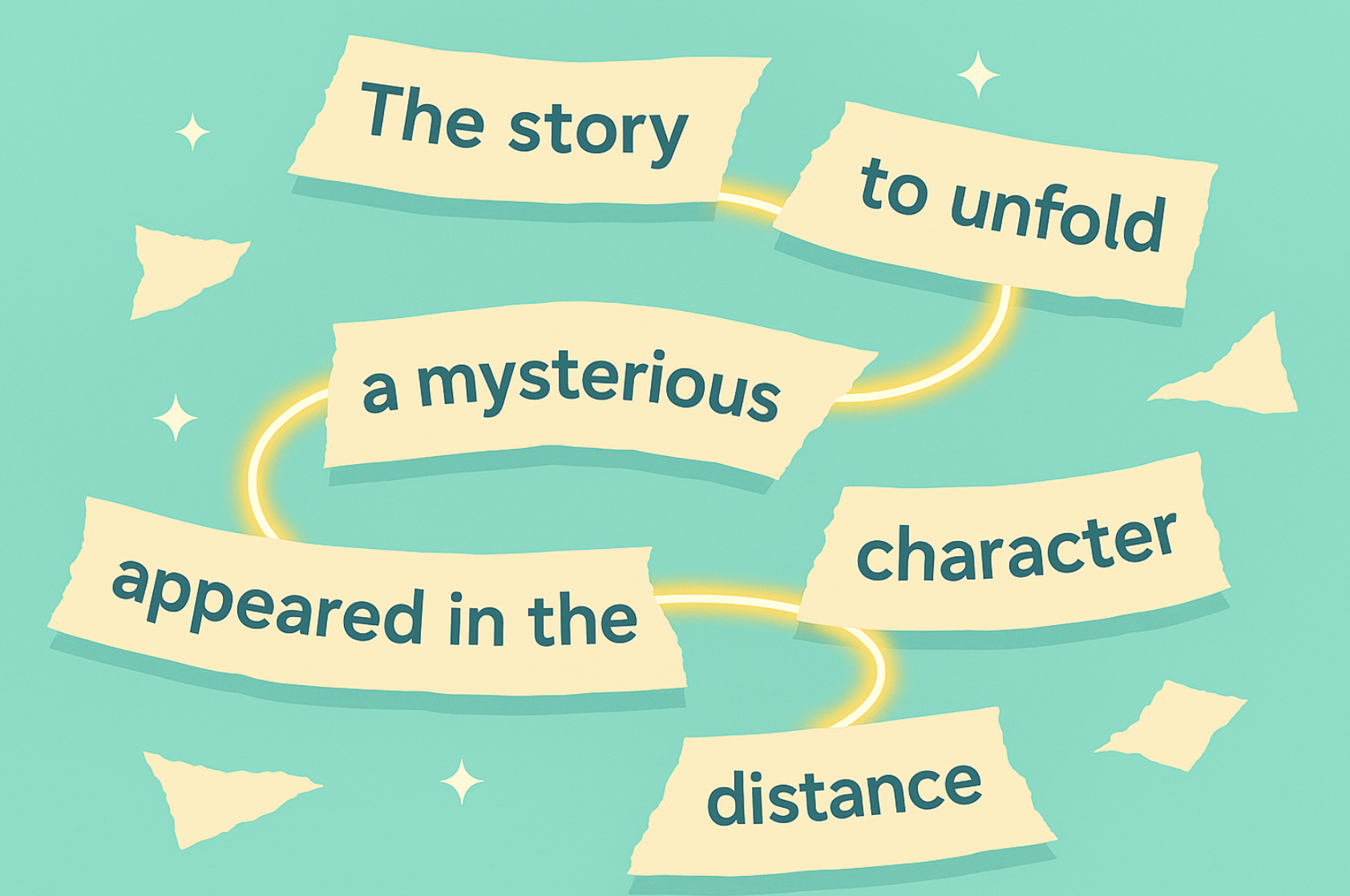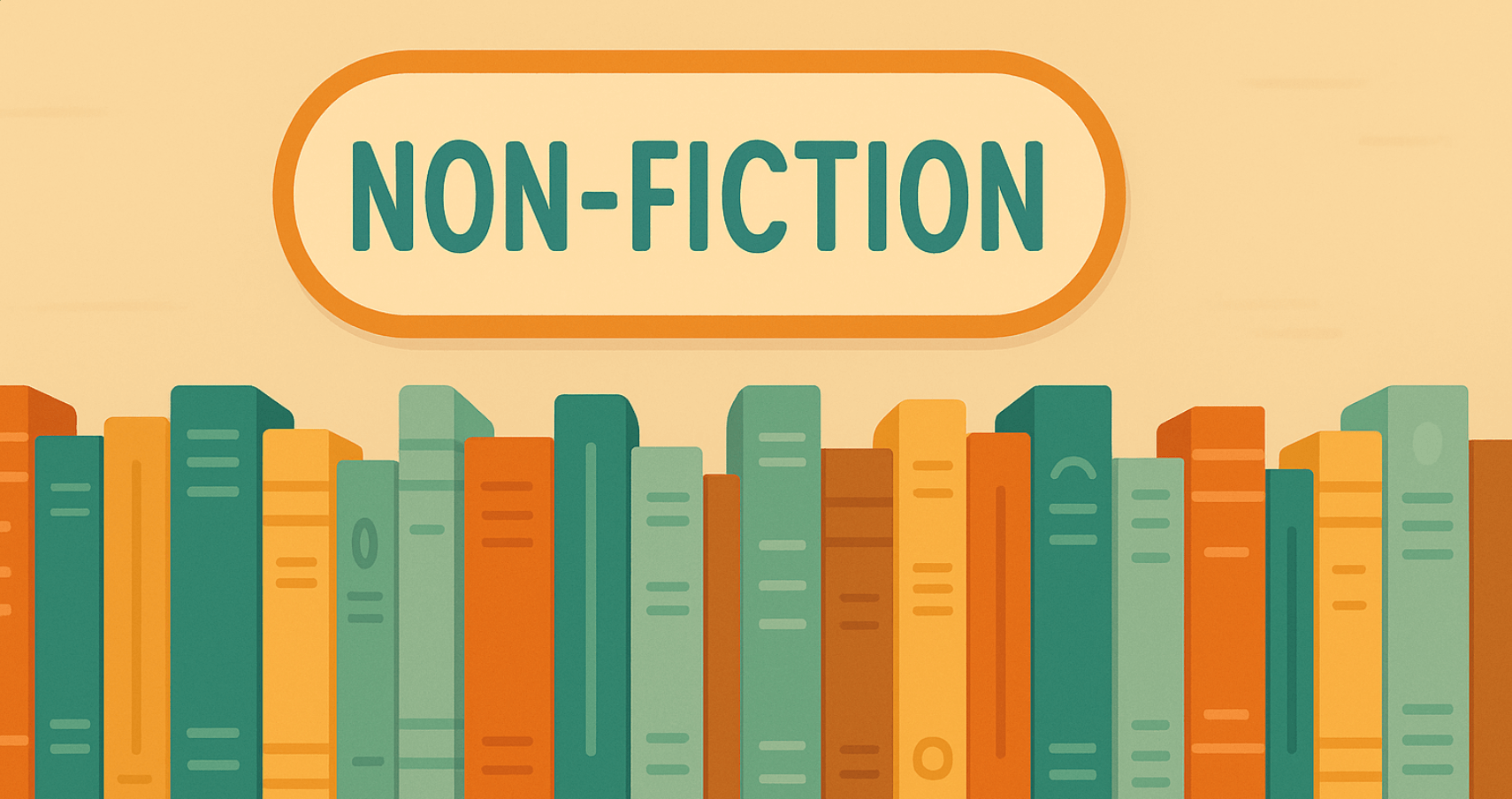
Did you know that J.K. Rowling wrote the first Harry Potter book on a manual typewriter? Fast forward to 2024, and the landscape of writing tools has transformed dramatically. The digital revolution has brought forth an array of specialized writing software, designed to cater to every need of an author. Identifying the best book writing software tailored to individual authors’ needs is crucial, as various options exist to help streamline the book writing process. Whether you’re crafting a novel, drafting a screenplay, or penning a memoir, the right writing software can make a world of difference.
In the past, authors relied on typewriters and basic word processors to bring their stories to life. Today, we have an impressive arsenal of tools that not only streamline the writing process but also enhance creativity and productivity. These software solutions offer features like distraction-free environments, real-time collaboration, and advanced formatting options, all tailored to meet the unique demands of writers.
This article aims to guide you through the labyrinth of writing software available in 2024. From free tools that offer basic functionalities to premium software packed with advanced features, we’ll help you discover the best options to suit your writing style and needs. Get ready to unlock your full writing potential with the perfect software companion!
Writing Software for Authors: An Overview
Writing software for authors, often referred to as a writing app, is a digital tool designed to streamline the writing process, making it easier and more efficient to produce high-quality work. These tools are specifically tailored to meet the needs of writers, providing features that go beyond basic word processing to support every stage of the writing journey.
The importance of writing software cannot be overstated. For authors, these tools offer critical benefits in organization, productivity, and overall writing experience. With the right software, authors can keep track of their ideas, structure their work, and manage their time more effectively. This leads to a more focused and productive writing process, ultimately enhancing the quality of the finished piece.
Common features found in writing software include distraction-free writing modes that help writers stay focused, advanced formatting tools to ensure professional presentation, and grammar checkers to polish the text. Additionally, many writing programs offer organizational aids such as character development tools, plot outlines, and note-taking capabilities. These features collectively help authors maintain consistency and coherence in their work, while also fostering creativity and reducing the technical burdens of writing.
Writing software is an invaluable asset for authors, providing a comprehensive suite of tools designed to support and enhance the entire writing process.
Book Writing Software: Tailored Tools for Authors
Imagine having a personal assistant dedicated solely to helping you write your book. That’s what book writing software offers. Unlike general writing tools that are great for essays or reports, book writing software is designed with the unique needs of authors in mind, offering a host of features to streamline the complex book-writing process of crafting a novel or memoir.
One of the standout features of book writing software is its ability to keep everything organized. Picture this: you’re deep into chapter ten, but you need to reference something from chapter two. With book writing software, you can effortlessly navigate through your manuscript. These tools let you organize chapters, sections, and scenes, making it easy to rearrange and edit content without losing track of your narrative flow.
Character development tools are another game-changer. Ever found yourself flipping through pages of notes to remember a character’s eye color or backstory? Bookwriting software keeps all this information at your fingertips. You can build detailed profiles for each character, ensuring consistency and depth throughout your story.
Storyboarding is yet another feature that sets book writing software apart. It allows you to map out your plot visually, making it easier to see the big picture and identify any gaps or pacing issues. This bird’s-eye view of your storyline helps you keep your narrative on track and engaging.
Popular options like Scrivener and Ulysses are favorites among authors. Scrivener offers a corkboard for organizing ideas, a research folder for all your background material, and an outliner to visualize your book’s structure. Ulysses, known for its minimalist interface, provides powerful organizational tools that help you stay focused and productive.
In a nutshell, book writing software is like having a toolkit designed specifically for the art of writing books. It provides the structure, organization, and specialized features that general writing tools lack, helping you bring your story to life with greater ease and efficiency.
Scrivener: The Ultimate Writing Tool for Authors
Scrivener is a favorite book writing software among writers for its robust features tailored for long-form projects like novels and screenplays. Developed by Literature and Latte, it helps writers organize thoughts, structure manuscripts, and stay focused.
Key Features
- Virtual Binder: Manage all parts of your manuscript, including chapters, scenes, and notes. Drag and drop sections for easy reorganization.
- Outliner: View and edit the synopsis of each section, set word count targets, and track progress.
- Corkboard: Visualize your manuscript with index cards that you can move around to replot or rearrange chapters.
- Customizability: Adjust the interface to suit your writing style, from distraction-free to detailed views.
- Research Integration: Import and store research materials like PDFs and images within your project.
- Compilation: Export your manuscript in various formats, including DOCX, PDF, EPUB, and Kindle.
Pros
Scrivener offers comprehensive organizational tools, allowing writers to manage chapters, scenes, and notes efficiently with its Virtual Binder. The highly customizable interface enables authors to tailor their workspace to their specific writing style, enhancing productivity. Integrated research storage supports the inclusion of PDFs, images, and web pages directly within projects, making it easy to reference and organize sources. Additionally, Scrivener’s multi-format export capabilities allow manuscripts to be compiled into various formats, such as DOCX, PDF, EPUB, and Kindle, ensuring compatibility with different publishing platforms and making the sharing process seamless and versatile.
Cons
Scrivener comes with a steep learning curve due to its extensive features and customizability, requiring users to invest time in learning the software. It lacks real-time collaboration capabilities, making it less suitable for writers who need to work simultaneously with others. Additionally, Scrivener is not free; it costs $59.99 for a standard license, though educational discounts are available. For those who want to try before they buy, a free trial is offered, providing an opportunity to explore its capabilities before committing to a purchase.
Scrivener is powerful for long-form writing with its organizational features and customizability. While it has a steep learning curve and lacks real-time collaboration, its benefits make it a worthwhile investment for serious writers.
Ulysses: The Minimalist’s Writing Companion
Ulysses is a popular writing tool known for its focus on simplicity and providing a distraction-free writing experience. Unlike feature-heavy writing software, Ulysses provides a clean, distraction-free environment that allows writers to concentrate solely on their writing. Developed by The Soulmen, it’s favored by novelists, journalists, and bloggers for its minimalist interface and robust organizational capabilities.
Key Features of Ulysses
- Distraction-Free Interface: Ulysses’ minimalistic design removes all distractions, offering a streamlined workspace.
- Unified Library: Stores all texts in a unified library, organized with folders and subfolders for easy management.
- Markdown Support: Simplifies formatting with Markdown, enhancing productivity by allowing writers to format text without lifting their fingers off the keyboard.
- Goals and Deadlines: Helps writers stay on track by setting writing goals and deadlines with visual progress tracking.
- Export Options: Supports various formats, including PDF, DOCX, HTML, and ePub, ensuring your work is ready for multiple mediums.
- iCloud Sync: Seamlessly syncs across all Apple devices via iCloud, providing a consistent writing experience on Mac, iPhone, or iPad.
Pros of Ulysses
Ulysses stands out for its user-friendly interface, featuring a minimalist design and Markdown support that make it easy to use. Its organizational tools, including a unified library and robust folder system, help keep work neatly arranged. The software’s cross-device syncing through iCloud ensures that your work is always up-to-date and accessible from any Apple device. Additionally, Ulysses supports goal setting, allowing writers to stay motivated and effectively track their progress. These features collectively make Ulysses a powerful tool for maintaining focus and productivity in writing projects.
Cons of Ulysses
Ulysses is available only on macOS and iOS, limiting accessibility for Windows and Android users. It operates on a subscription model, costing $5.99 per month or $49.99 per year, which can be a drawback for some, despite offering a free trial. Additionally, Ulysses lacks some advanced features found in other writing tools, such as detailed plotting and character development capabilities. These limitations may make it less appealing for writers seeking more comprehensive and cross-platform solutions.
Ulysses is ideal for writers who value simplicity and productivity. Its minimalist interface and powerful organizational tools create an excellent environment for focused writing. The seamless cross-device syncing via iCloud is particularly beneficial for Apple users. However, the subscription cost and platform exclusivity may be limiting for some. Despite these cons, Ulysses remains a highly effective tool for writers seeking a clean, efficient, and user-friendly writing experience.
Exploring Other Writing Software Options
When it comes to writing software, authors have a plethora of options beyond traditional tools like Microsoft Word. Alternative writing tools such as Google Docs, Hemingway Editor, and others offer unique features that can significantly enhance the writing process.
Google Docs
Google Docs is a cloud-based free word processor that excels in real-time collaboration. It allows multiple users to work on a document simultaneously, making it ideal for authors working with co-writers, editors, or beta readers. The built-in commenting and suggestion features streamline the editing process. While Google Docs is free, it requires an internet connection for real-time collaboration and can struggle with handling very large documents.
Hemingway Editor
Hemingway Editor is a tool designed to improve the clarity and readability of your writing. It highlights complex sentences, passive voice, and adverbs, providing suggestions to simplify and strengthen your prose. This tool is particularly beneficial for authors looking to refine their writing style. Hemingway Editor is available as both a free version online and a paid desktop app, which costs $19.99. The desktop version allows for offline editing and direct publishing to platforms like WordPress.
Other Tools
Dabble: This cloud-based writing tool provides features like a plot grid, focus mode, and goal tracking. It offers a clean interface and seamless cloud syncing. Dabble’s subscription plans start at $7 per month, making it a competitive paid book-writing software option with additional features and support compared to free alternatives.
yWriter: A free tool designed for organizing novels into scenes and chapters, yWriter is great for detailed plotting. However, it has a dated interface and is not available for Mac users.
Comparison of Free and Paid Versions
Free tools like Google Docs and yWriter offer basic functionalities and are cost-effective options for writers on a budget. They provide essential features but may lack advanced capabilities. Paid tools like Scrivener, Dabble, and Hemingway Editor’s desktop versions offer more comprehensive features and greater flexibility, making them worthwhile investments for authors looking to enhance their writing process.
In summary, alternative writing software provides various unique features tailored to different writing needs. Whether you choose a free tool or invest in a paid version, these options can help streamline your writing process and improve your overall productivity.
Free Writing Software: Accessible Tools for Every Author
For authors seeking cost-effective solutions, several free book writing software options offer impressive features without the financial commitment. Here’s a look at some of the best free writing tools available:
Reedsy Book Editor
Reedsy’s free book writing editor is designed specifically for authors. It offers a distraction-free writing environment with built-in formatting tools, making it easy to export your manuscript in various formats, including EPUB and PDF. The editor also includes features like collaborative editing and version control, which are crucial for refining your manuscript.
Google Docs
Google Docs is a popular cloud-based word processor that allows for real-time collaboration. It’s accessible from any device with an internet connection, making it convenient for writers who work on the go. Google Docs also includes basic formatting tools, a grammar checker, and integration with other Google Workspace apps.
Benefits of Using Free Software
The primary benefit of free writing software is, of course, the lack of cost. This makes it accessible to all writers, regardless of their budget. Additionally, many free tools are cloud-based, ensuring that your work is accessible from any device with an internet connection. This accessibility is crucial for writers who need to work from various locations or devices.
Free writing software provides essential tools that can significantly aid in the writing process. While they may not offer all the advanced features of paid versions, they are valuable resources for writers looking to produce quality work without financial investment.
Distraction-Free Writing: Tools to Stay Focused
A distraction-free writing environment is crucial for maintaining focus and productivity. Minimizing interruptions allows writers to immerse themselves fully in their work, leading to better flow and creativity. Several writing tools are designed to help create this ideal environment by removing unnecessary elements and providing features that enhance concentration.
FocusWriter is a popular tool that offers a clean, fullscreen writing space, hiding all other programs and notifications. It includes customizable themes, a typewriter sound effect, and progress tracking, which help maintain a steady writing rhythm without distractions.
OmmWriter goes a step further by combining a minimalist interface with soothing background music and ambient sounds, creating a serene writing atmosphere. This tool is perfect for writers who need an extra layer of sensory engagement to stay focused.
Both FocusWriter and OmmWriter provide features that help writers concentrate on their work. FocusWriter’s distraction-free environment and progress tracking enhance productivity, while OmmWriter’s ambient sounds and minimalist design foster a calming and focused writing experience. By using these tools, writers can create an optimal environment for uninterrupted and effective writing sessions.
Real-Time Collaboration: Writing in the Cloud
Real-time collaboration features in writing software bring significant benefits, especially for authors working with editors, co-writers, or beta readers. These features enable multiple users to work on a document simultaneously, streamlining the feedback process and enhancing teamwork. Cloud-based tools facilitate this collaboration by storing documents online, ensuring that all changes are updated in real-time and accessible from any device with an internet connection.
Google Docs is a standout example, offering robust collaboration features such as real-time editing, commenting, and suggesting modes. These tools allow users to see each other’s changes instantly, discuss edits through comments, and track document versions, making the collaboration process seamless and efficient.
Microsoft Word Online also excels in this area, providing real-time co-authoring capabilities similar to Google Docs. It integrates with the broader Microsoft 365 suite, allowing users to utilize additional tools like OneDrive for file storage and sharing, and Teams for communication. This integration enhances the collaborative experience by keeping all related documents and conversations within a unified ecosystem.
Both Google Docs and Microsoft Word Online support advanced features like version history, which lets users review and revert to previous document versions if needed. They also offer accessibility across different devices, ensuring that team members can contribute from anywhere, whether on a desktop, tablet, or smartphone.
Additional Writing Tools: Enhancing Your Writing Experience
To complement primary writing software, a variety of supplementary tools can significantly enhance your writing experience. Note-taking apps, grammar checkers, and other writing aids streamline the writing process, improve accuracy, and boost productivity.
Evernote is a powerful note-taking app that helps writers organize their thoughts, research, and snippets of text. With features like tagging, notebooks, and the ability to include multimedia elements, Evernote allows writers to capture and organize ideas seamlessly. Its synchronization across devices ensures that your notes are always accessible, whether you’re at your desk or on the go.
Grammarly is an advanced grammar checker that goes beyond basic spell check. It identifies grammatical errors, stylistic issues, and even tone inconsistencies, offering suggestions to improve the overall quality of your writing. Grammarly’s browser extension and integration with various writing platforms make it a versatile tool for maintaining clarity and correctness in your text.
ProWritingAid offers comprehensive writing assistance by combining grammar checks with detailed reports on style, readability, and structure. It highlights areas for improvement, such as overused words, sentence length variation, and passive voice, helping writers refine their craft. ProWritingAid can be integrated with several writing software platforms, making it an invaluable tool for continuous improvement.
Benefits of Integration
Integrating these tools into your writing process offers numerous benefits. Evernote’s organizational capabilities ensure that your research and ideas are easily retrievable and well-structured. Grammarly and ProWritingAid enhance the quality of your writing by providing real-time feedback and in-depth analysis, allowing you to produce polished and professional work. By leveraging these supplementary tools, writers can streamline their workflow, improve accuracy, and focus more on creativity and content creation.
Unlock Your Writing Potential: The Best Software for Authors in 2024
Choosing the right writing software can make a significant difference in an author’s productivity and creativity. From the comprehensive organizational tools of Scrivener to the minimalist interface of Ulysses, each software offers unique features tailored to different writing needs. Microsoft Word remains a reliable classic, while tools like Google Docs excel in real-time collaboration. Free options like Reedsy and Hemingway Editor provide accessible solutions without financial commitment.
By utilizing these tools writers can enhance their workflow, stay organized, and focus on creating compelling narratives. Explore these options to find the perfect fit for your writing journey, and unlock your full potential as an author.







